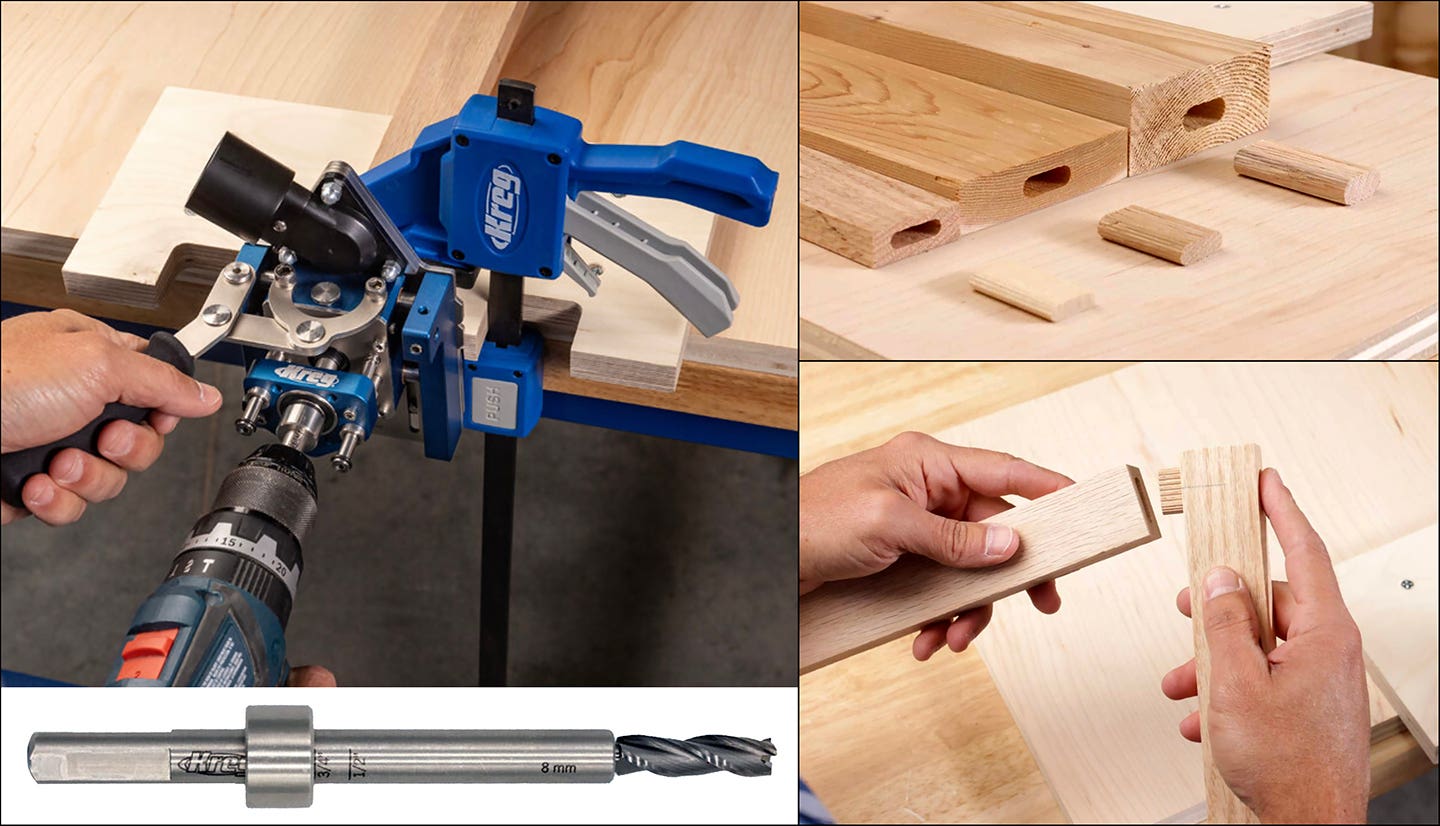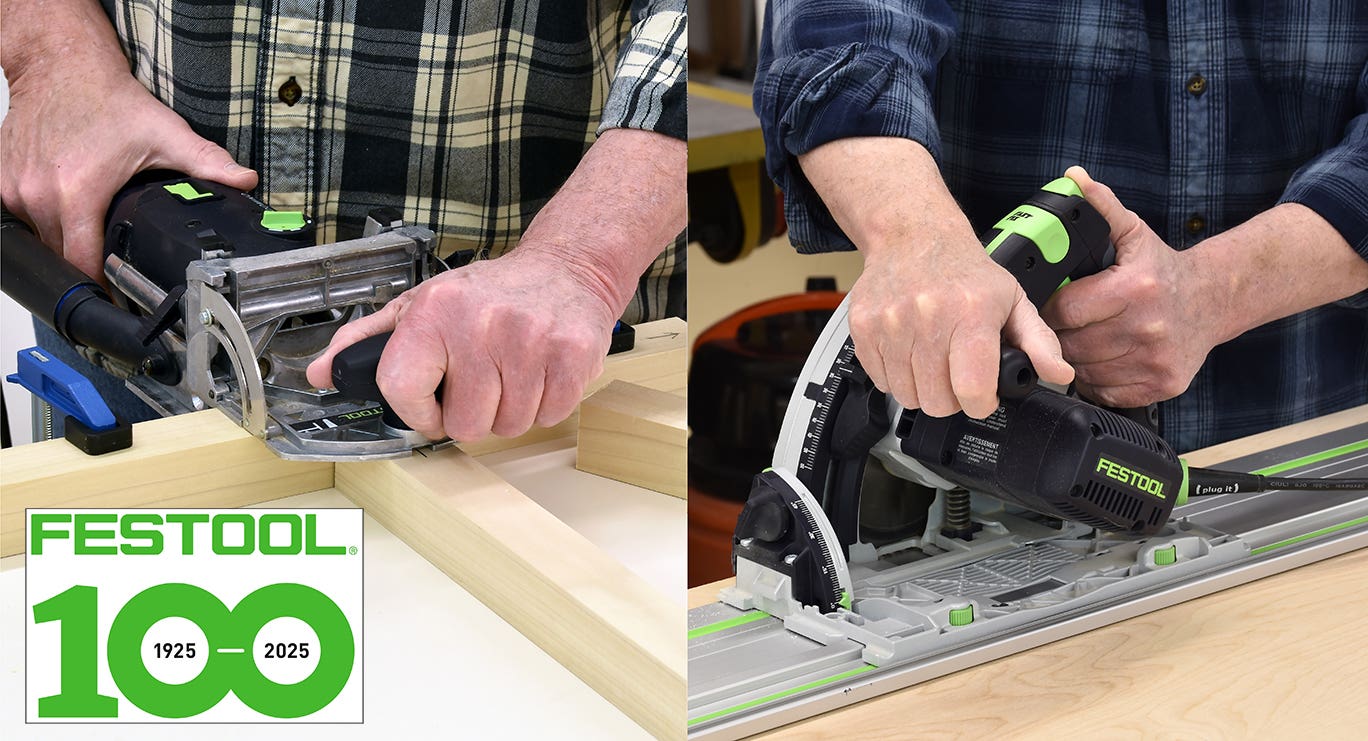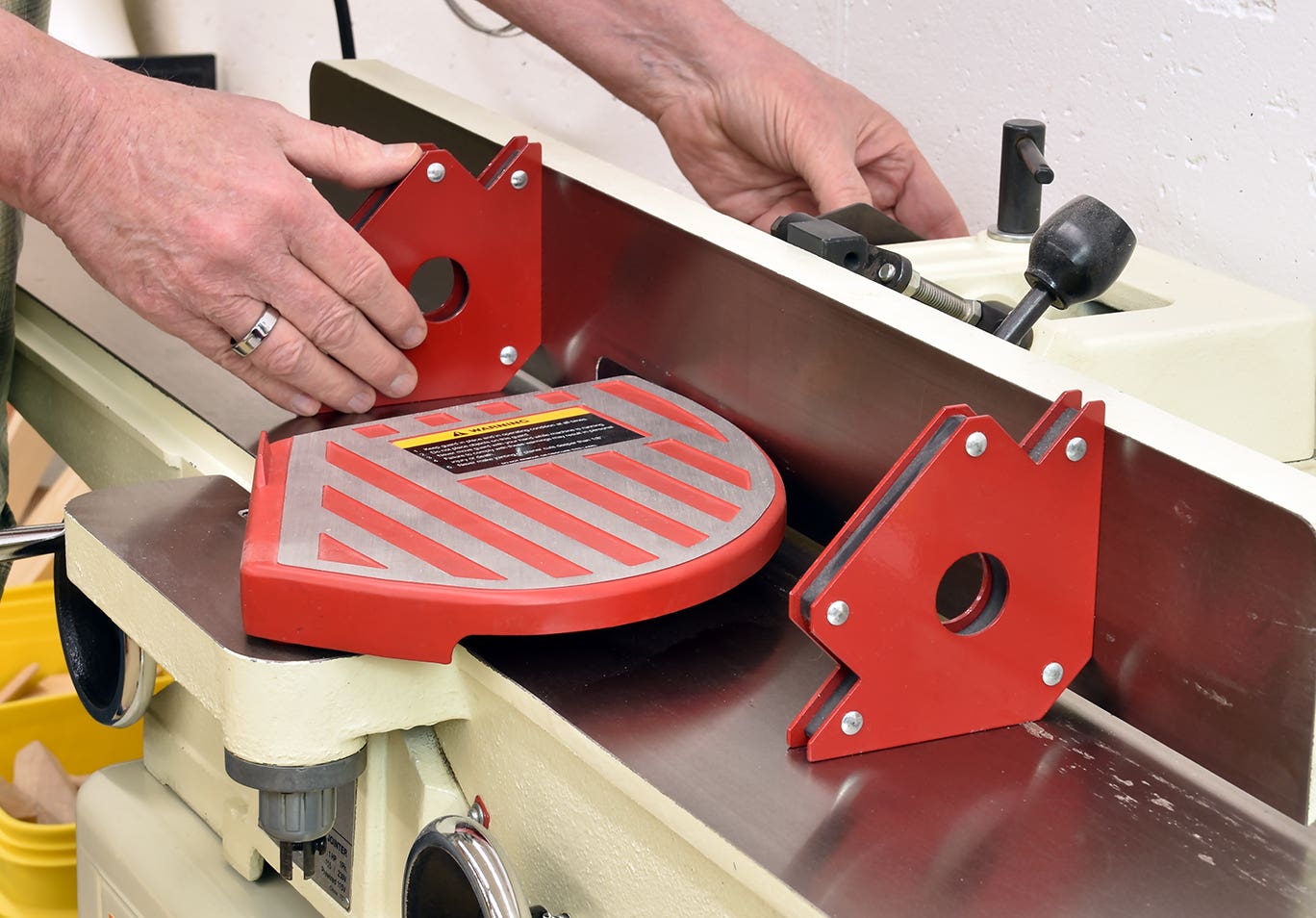Seeking a niche? Its not all dollars and cents
Figuring out your specific niche can be daunting, but if you follow the money you’ll usually discover what your niche market is
A niche is commonly defined as a product or service that appeals to a small or specialized market sector. In the broadest sense of the definition, if you work in the woodworking industry, you are already in a niche market.
Woodworking, like every other specialized craft, caters to a relatively small portion of the available market. To an outsider, your work is probably viewed as niche-esque, but to the insider you have an understanding of how the different nuances of the craft lead to specialization. Figuring out your specific niche can be daunting, but if you follow the money you’ll usually discover what your niche market is. A true niche is one that creates a comfortable or suitable position for your company or even for yourself as an individual.
View from the top
Many years ago I worked for what was, at the time, the largest architectural woodworking company in North America. The company boasted five locations across Canada and the United States. There appeared to be no job the company couldn’t handle. Hotels, corporate offices and large government projects oozed from the job book like a melted cheese sandwich. Each subsidiary not only served the local building industry, but could also be used as a subcontractor to other branches helping to meet production schedules. And even though each branch was totally self-sufficient, they all possessed a specialty niche that set them apart from the other divisions.
For instance, one branch was well-equipped to do veneering, while another was the leader in CNC technology. Even location was a niche. I worked in the lone U.S. branch, which provided the company with better inroads into the Lower 48. Being a lowly project manager, I was certainly not privy to upper management’s philosophy or business plan, but it seemed fairly apparent that the company direction was designed with the purpose of carrying out a plan of North American dominance.
During my tenure at the company, I was provided with the opportunity to receive training at their British Columbia branch. Even though they called me the “Southern Yank” (a sarcastically demeaning term, yet with a hint of puppy-dog affection), I was able to find their soft spot and work my way upstairs. It was there that I was provided insight on how the company ran its day-to-day planning and long-term business objectives. While spending time with their chief estimator, I was given a crash course on how large projects are estimated and what it takes to keep them profitable. I mentioned a recent trade article about the “top dogs” in the architectural woodworking industry. The article went into great detail about the type of work each of these companies specialized in, their sales volume, years in business, number of employees, etc. And there at the top of the list (by a fairly significant margin) was the company for which we worked. The chief let out a hearty laugh and said, “Those numbers don’t tell the whole story. By sales volume we are clearly No. 1, but half of those sales come from a very profitable tenant-improvement business where we act as the general contractor.”
It was at that moment a light bulb went off in my head about the importance of niches. Although, on the outside, this company was a leader in the woodworking industry, the numbers on the inside revealed a different story. Custom woodworking appeared to be the niche that set them apart from the competition, but it was the general contracting that created the bread-and-butter of the books. So the question that rattled around in my brain was: what is their niche? Woodworking or contracting? Were they employing the use of two niches to carry out their business plan or was the unseen general contracting their true niche since it appeared to be the driving force behind their sales and profit?
Profitable and sustainable
I believe finding a niche is not as simple as diverting all your energy into one differentiated or technical market. It certainly can be that, but for small, custom makers it’s not so simple. A specialized niche only works if it provides you with enough work to remain profitable.
Geographic location also plays a key role in how you set up your niche market. As a small maker you can probably do quite well focusing on a single type of job if you work in a large metropolitan area. But if you live in a small town or rural part of the country, you’re going to need to specialize in many different things just to put food on the table. Don’t think of niches as having to be one specialized craft only. A niche can be a multitude of things you do well. Again, the best measure of a niche is how profitable and sustainable it can be.
Awhile back I had a visitor to my shop. He was a friend of a friend. He and his wife were moving to the area and asked if I could show them around. Curious about what I did, he came to my shop to see exactly what kind of business I was in. His very first comment was that I needed to hire more employees so that I could really start making money. I was so unimpressed by his insight into my life and business after spending a total of six minutes with me that I just had to know how it was he could exude such confidence in the direction my business needed to go. Surely he must be an industry expert, a successful businessman or perhaps a life coach to have such intrepid insight. When I inquired of his background, he said he was between jobs. In other words, unemployed with no credentials.
The point? A niche in business is not necessarily obvious and sometimes even following the money trail won’t get you there. A niche is first and foremost personal. You might be able to find a niche for your business that is profitable, but if you don’t like doing it, it will not really be your niche.
A sustainable niche is twofold; it must address the ability of a business and the humanity of the person. Craft markets rely heavily on the skill of the individual. Therefore, in order to have a successful niche, you must find the balance between what you’re good at and what makes you happy.
David Getts is a certified kitchen designer and owner of David Getts Designer Builder Inc. in Seattle.
This article originally appeared in the August 2017 issue.







